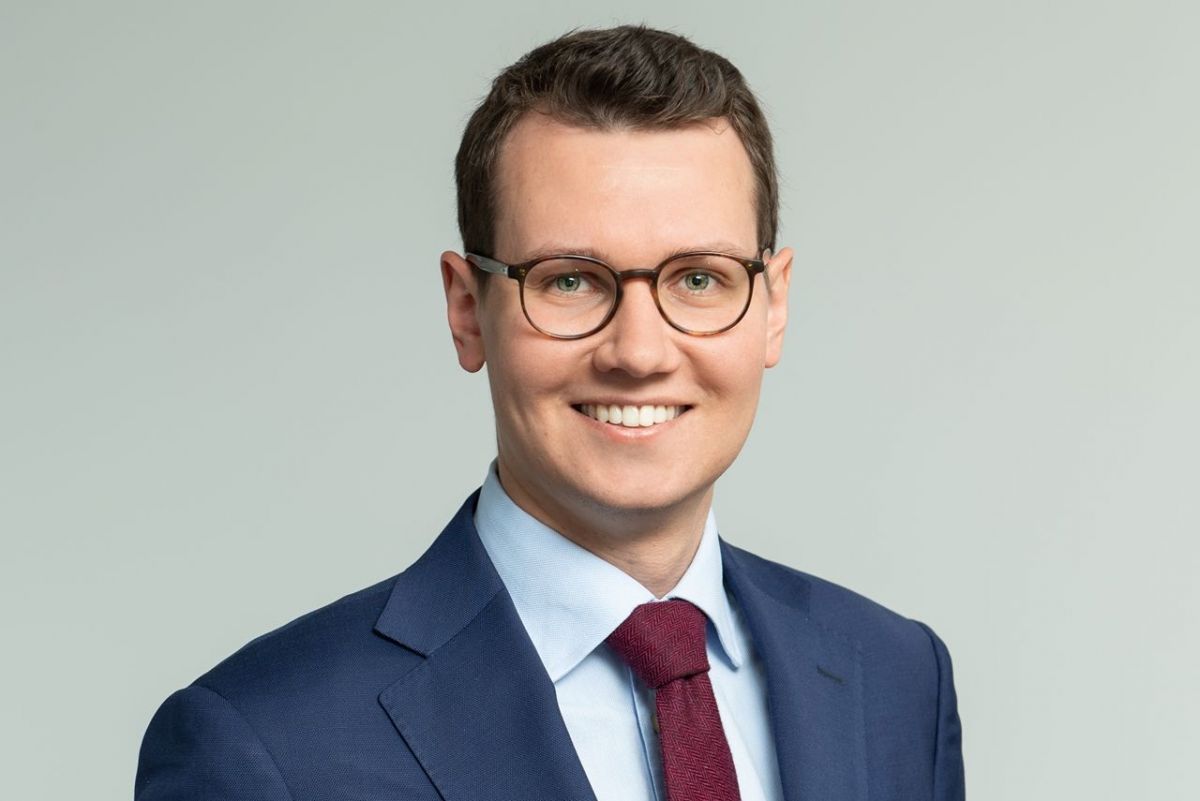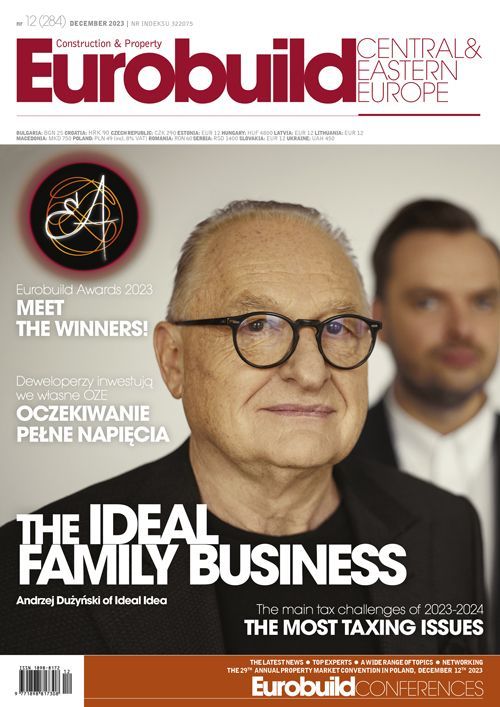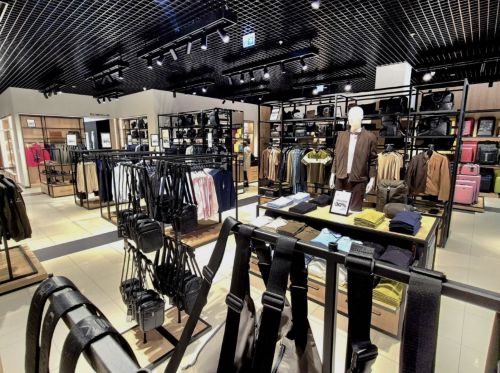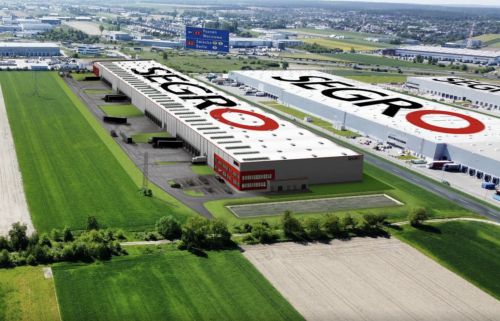Three of your portfolio’s buildings, one in Poland and two in the Czech Republic, have recently received WiredScore certification at the highest level of ‘Platinum’. This certificate is only just becoming popular in the CEE region. What significance does it have for you?
Nikolay Ovchinnikov, senior asset manager, LaSalle Investment Management: Securing this certification for our three assets in Poland and the Czech Republic is a significant milestone. With this accreditation, all of our office properties in the CEE region are now WiredScore ‘Platinum’ certified. This certificate recognises office buildings with best-in-class digital connectivity and demonstrates our commitment to providing tenants with high calibre, differentiated office space through an active asset management strategy. In the post-Covid world, digital connectivity – both the quality of internet and telephone connections – is crucial for tenants. That’s why we have ensured that this is factored into o





























































